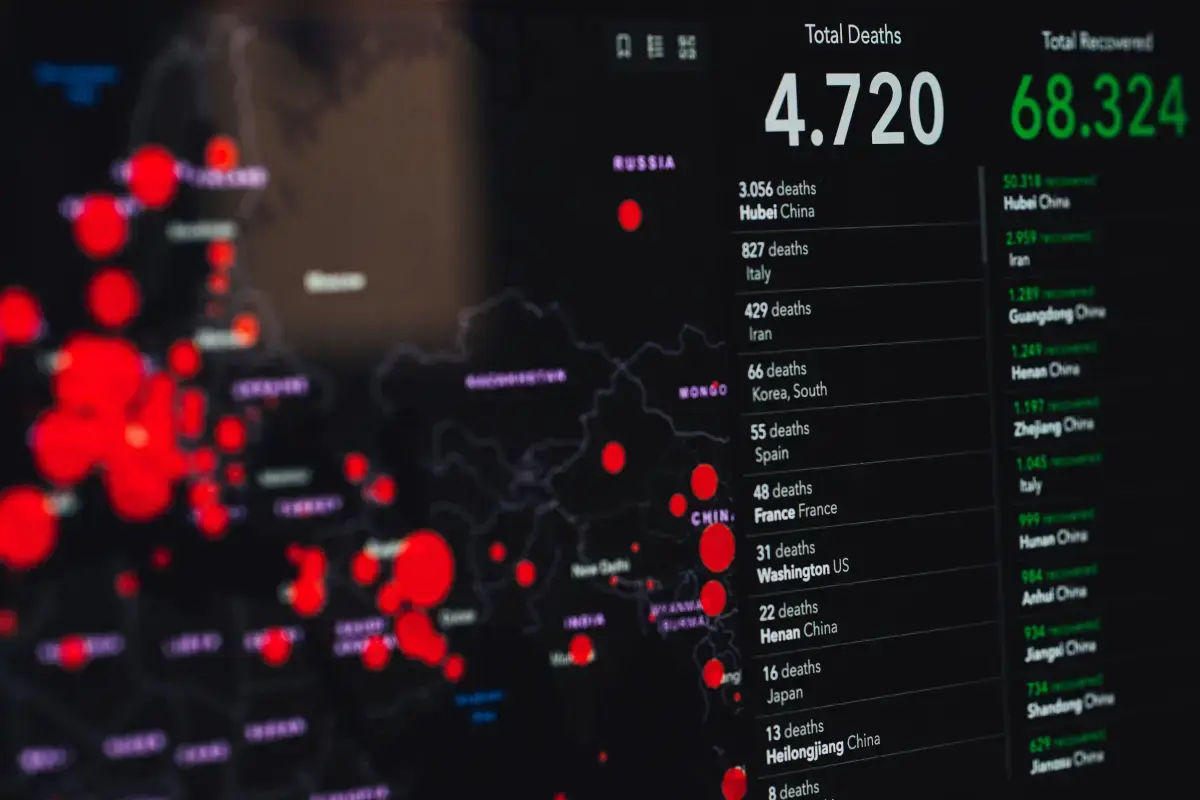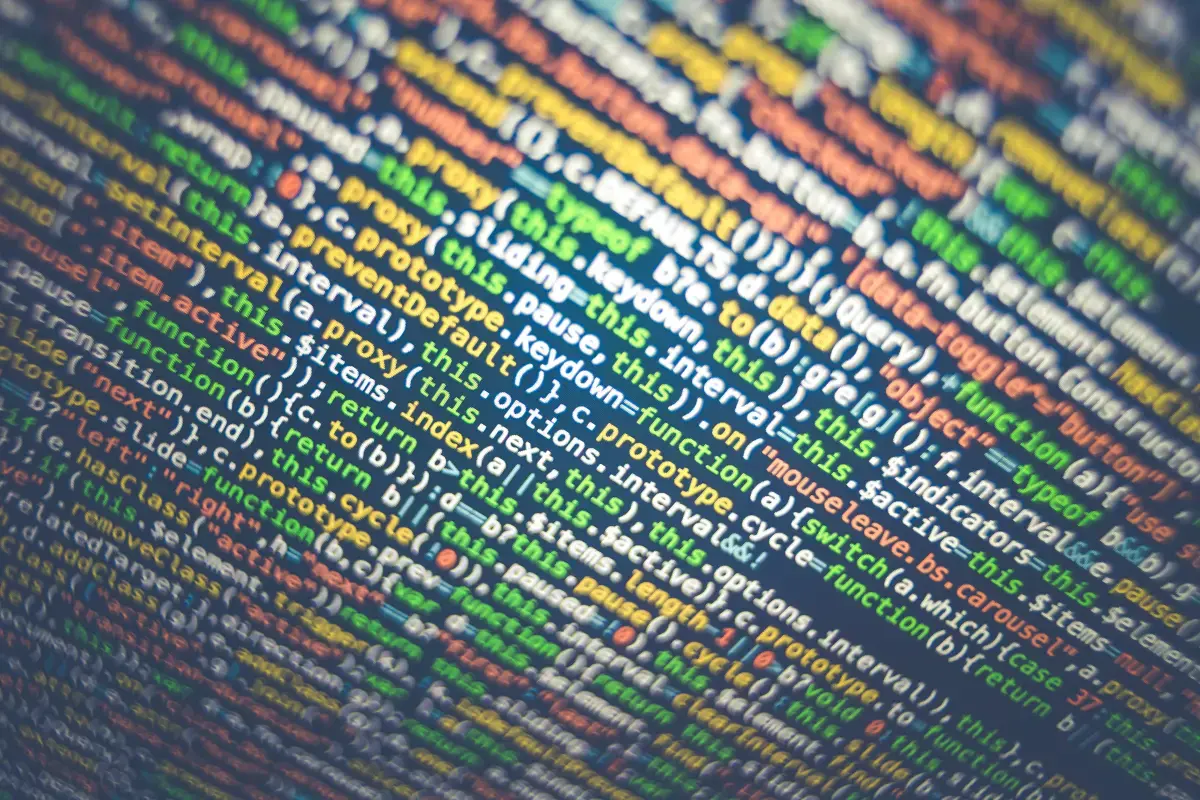
Data Forensics Engineer Job Description
What is a Data Forensics Engineer Professional?
A data forensics engineer is a computer science professional who specializes in the analysis and reconstruction of digital evidence. A data forensics analyst is someone who uses their skills to help organizations figure out what happened during an incident, how it happened, and identify any potential risks or areas for improvement. Data forensic engineers are responsible for developing new methods and technologies for extracting information from computers and other digital devices that can be used as evidence in criminal investigations. They work closely with law enforcement agencies to ensure that the latest techniques are being used to collect relevant data. In addition, they may also provide consultation services to private companies on cybersecurity issues such as data breaches or insider threats.

What does a Data Forensics Engineer Expert do?
The role of a data forensic analyst is more focused on interpretation and report writing than technical aspects of extraction. Data analysts use their investigative skillset to sift through volumes of collected raw data using various tools available (such as EnCase, FTK Imager) Piecing together this disparate set of information into cohesive logical wholes presents difficulties not only due poor organization but also because investigators often seek different types answers from the same dataset.. As such, analysts must have strong communication skills so they can clearly explain their findings (and recommendations)to stakeholders with varying levels of familiarity with both technology concepts involved in an investigation as well non-technical personnel.

What are the Skills of a Data Forensics Engineer?
A data forensics engineer needs to possess a wide range of skills and experiences in order to be successful. In general, they need to have strong technical skills in areas such as computer science, information technology, and electrical engineering.

What makes an Expert Data Forensics Engineer?
They also need to have extensive experience working with data mining tools and techniques. Additionally,data forensics engineers need to be well-versed in the law as it relates to digital evidence gathering and investigation.

What level of Experience & Qualifications are required to be a Data Forensics Engineer?
Industry Experience: At least 5+ years of experience working with data forensics and related technologies, such as computer networks, operating systems, databases, and storage systems. • Training: Comprehensive training in digital forensics tools and processes; knowledge of file system analysis techniques; familiarity with cybercrime investigations. • Qualifications: Professional certifications from organizations like the International Association of Computer Investigative Specialists (IACIS) or Global Information Assurance Certification (GIAC); a degree in information technology or a related field is also helpful. • Education: A bachelor’s degree in computer science, engineering, information security or a related field is preferred. Knowledge of programming languages such as C++ and Java are beneficial for this role.

What is the Salary of a Data Forensics Engineer?
The salary expectations of a junior data forensics engineer typically range from $60,000 to $90,000 per year. This can depend on the level of experience and qualifications that the individual has as well as the specific job requirements. A mid-level data forensics engineer may earn anywhere from $85,000 to $120,000 annually depending on their experience and qualifications. At the senior level, salaries for data forensics engineers can range from up to around $150,000 or more depending on what they bring to the table in terms of expertise and skill sets. Those with particularly specialized knowledge or advanced certifications may command even higher salaries at this level. In addition to base pay at all levels of experience, most companies also offer incentives such as bonuses or stock options which can add significantly to overall compensation packages.

What are the Working Conditions for a Data Forensics Engineer?
Data forensics engineers typically work in an office or laboratory setting. Depending on the company, they may also travel to various crime scenes and locations to collect evidence for analysis. The majority of their time is spent analyzing data from computers, phones, and other digital devices. They must use specialized software programs and techniques to identify patterns in large sets of data that can provide clues about a criminal activity or fraud scheme. In addition to collecting and analyzing data, data forensics engineers are responsible for writing detailed reports based on their findings. They must be able to explain complex technical concepts clearly so that non-technical people can understand them as well as present their results in court if needed. Data forensics engineers also need strong interpersonal skills since they will often interact with law enforcement personnel during investigations. Finally, due to the sensitive nature of the work involved in this field, most employers require applicants for these positions to have a high level of security clearance before being hired.

What are the roles and responsibilities of a Data Forensics Engineer?
Investigating data breaches and incidents of unauthorized access to confidential information
Analyzing digital evidence to support or refute hypothesis about what happened during an incident
Examining computer systems, networks, and storage devices for signs of compromise or improper activity
Conducting interviews with relevant parties (e.g., employees, system administrators) to gather facts about an incident
Identifying potential sources of digital evidence that could be relevant to an investigation
Collecting and preserving digital evidence in a forensically sound manner according to established procedures
extracting meaningful data from large volumes of unstructured information
classifying and organizing data so it can be more easilyunderstood
applying analytics to uncover relationships,patterns, and trends
developing visual representations (i
identifying new questions or areas for further exploration
documentingfindings
sharing results with key stakeholders
writing reports
testifying in value as needed
staying abreast of latest technologytrends
keeping up with best practices in subject matter areas such as law
working cooperatively with others onmulti-disciplinaryteams
pursuing continuing education opportunities
maintaining highstandards of personal integrity

Where can I find Data Forensics Engineer jobs?
- Create a profile on gigexchange and promote your Data Forensics Engineer skills to advertise you are Open to New Work Opportunities
- Ensure your Resume (or CV), or online work profile is up to date and represents your skills and experience. Ensure your reputation reflects your ability & attitude.
- Apply for Data Forensics Engineer Jobs advertised on gigexchange.
- Practise Data Forensics Engineer interview techniques to ensure you represent your personality and ability succinctly and confidently.
- Accept the job offer if the salary meets your expectations and the employer mission and purpose reflects your core values.
Jobs
What are the best job boards for Data Forensics Analyst jobs?

How can I hire Data Forensics Engineer staff online for my business?
The best job board for recruiting Data Forensics Engineer experts is gigexchange.com. Advertise full-time, part-time or contract jobs to find, hire & recruit trusted, experienced and talented Data Forensics Engineer candidates near you.

Are Data Forensics Engineer roles in demand in 2026?
Data Forensics Engineer experts are still in high demand in 2026. If you are an experienced Data Forensics Engineer or looking to train and become one. The job market is looking strong for Data Forensics Engineer jobs near me.